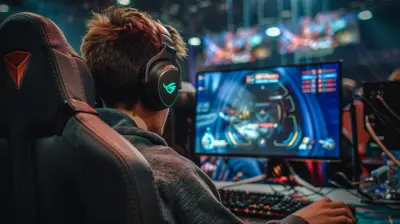Competitive Gaming Sponsorships: What to Know Before Going Pro
15 July 2025
So, you’ve been grinding ranked matches, stacking up wins, and maybe even snagged a few trophies in local tournaments. It feels like you’re right on the edge of going pro. But there's one thing on your mind — sponsorships. Let’s be real, how cool would it be to get paid to play? To wear that sponsor logo on your jersey and get free gear or even a paycheck just for doing what you love?
But before you dive headfirst into the world of competitive gaming sponsorships, pump the brakes a little. There’s a lot more to it than flashy logos and free mousepads. Getting sponsored isn't just about being good at the game — it's about being marketable, consistent, and trustworthy.
So, if you're thinking of taking that next step into the pro scene, here's everything you need to know before locking in your first gaming sponsorship.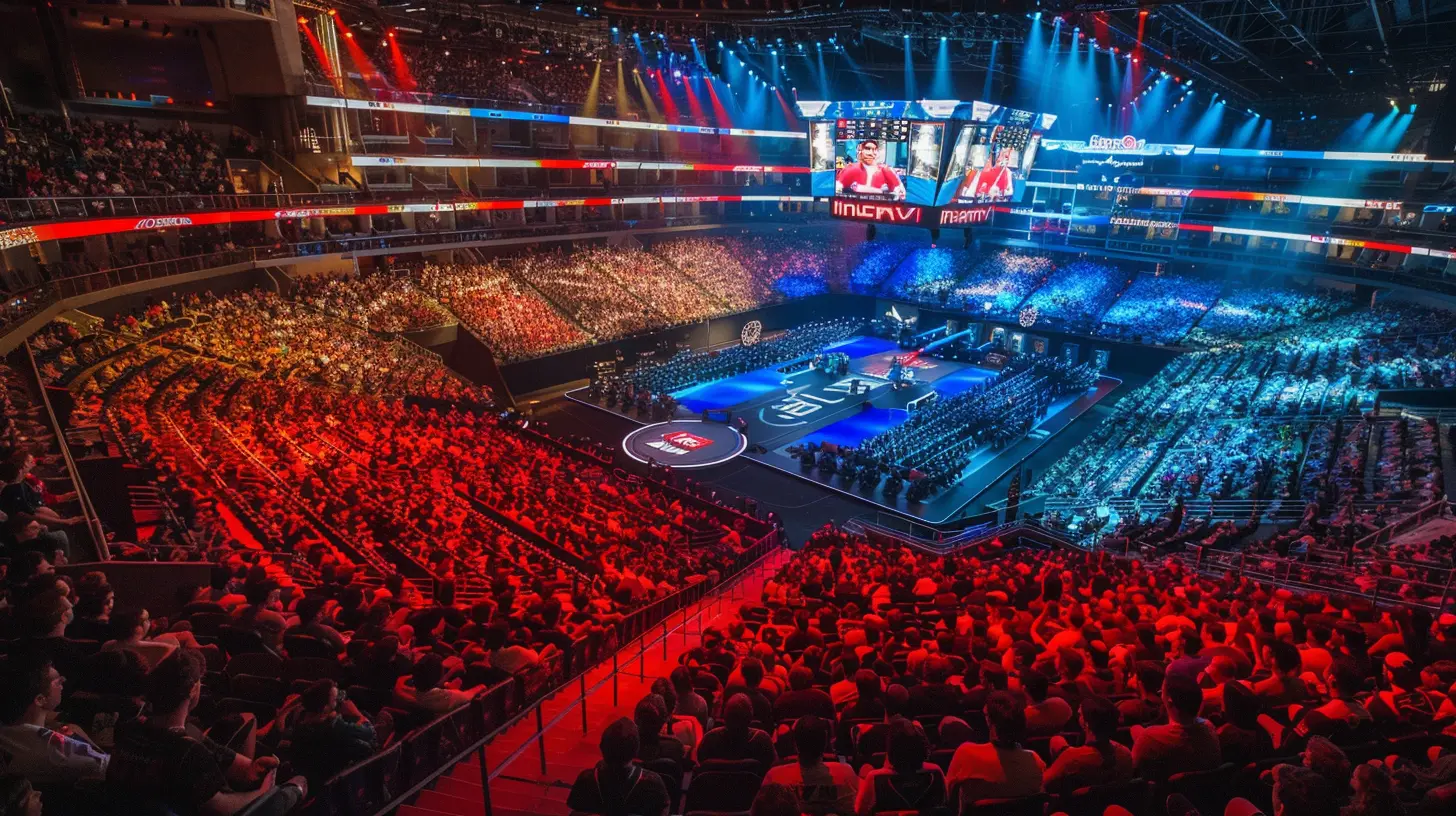
🎯 What Is a Competitive Gaming Sponsorship?
Let’s start simple. A competitive gaming sponsorship is when a company supports you — a player or a team — usually with products, services, or financial backing, in exchange for exposure or promotion. It's a give-and-take relationship. You help market their brand, and in return, they help support your gaming career.This could be anything from:
- Free gaming gear (keyboards, headsets, mousepads)
- Monthly financial payments
- Travel and event expenses
- Access to exclusive platforms or software
In return, you’ll likely have to display their logo, shout them out on stream or social media, wear branded gear, or even create content for them.
Does this mean you’re trading your freedom? Not necessarily — but it does mean you’re entering a business relationship. So let’s talk about what you need to understand before shaking hands with a sponsor.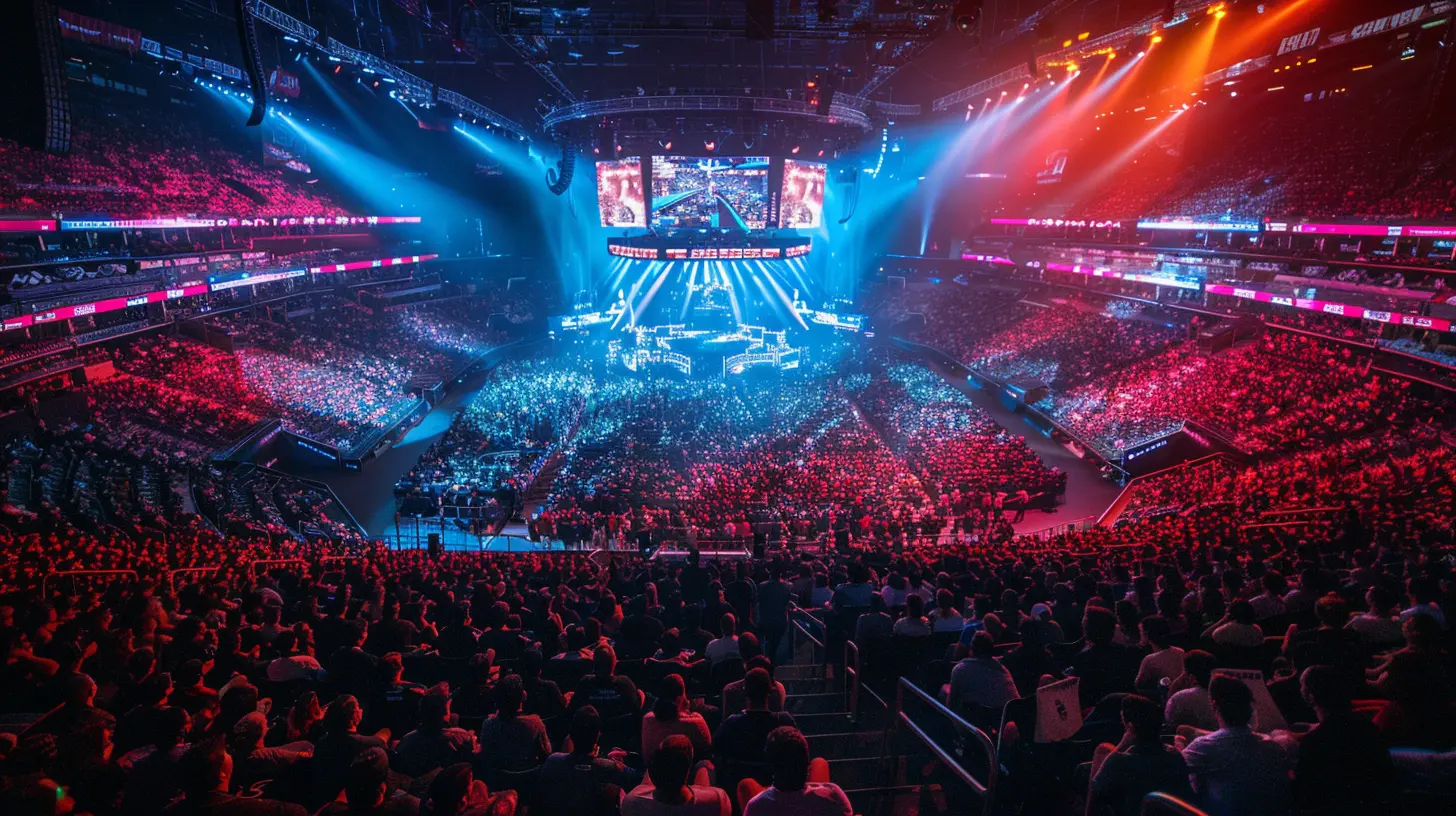
📝 The Different Types of Sponsorships Explained
Not all sponsorships are created equal. Some are more casual, while others are binding business deals. Here's what you're likely to come across:1. Product Sponsorships
This one's the most common. You get free stuff from a company like a gaming chair, a controller, or energy drinks. You’re expected to promote that product in return.Think of it like being a brand ambassador — they want people to see you using their stuff because it builds trust and boosts sales.
2. Financial Sponsorships
Now we’re talking money. These brands invest cash into your gaming career, whether it’s a monthly stipend or covering travel expenses for tournaments. This is a bigger commitment and often includes contracts.3. Team or Organization Sponsorships
If you’re with a gaming org, your team might have sponsors — hardware companies, energy drinks, apparel brands — and you’ll benefit from that as part of the roster.In this case, the team managers handle negotiations and logistics, and you just focus on doing your thing on game day.
4. Affiliate Partnerships
Not exactly sponsorships but worth mentioning. You earn commission from sales using your unique referral link or code. It's more about passive income than direct sponsorship support.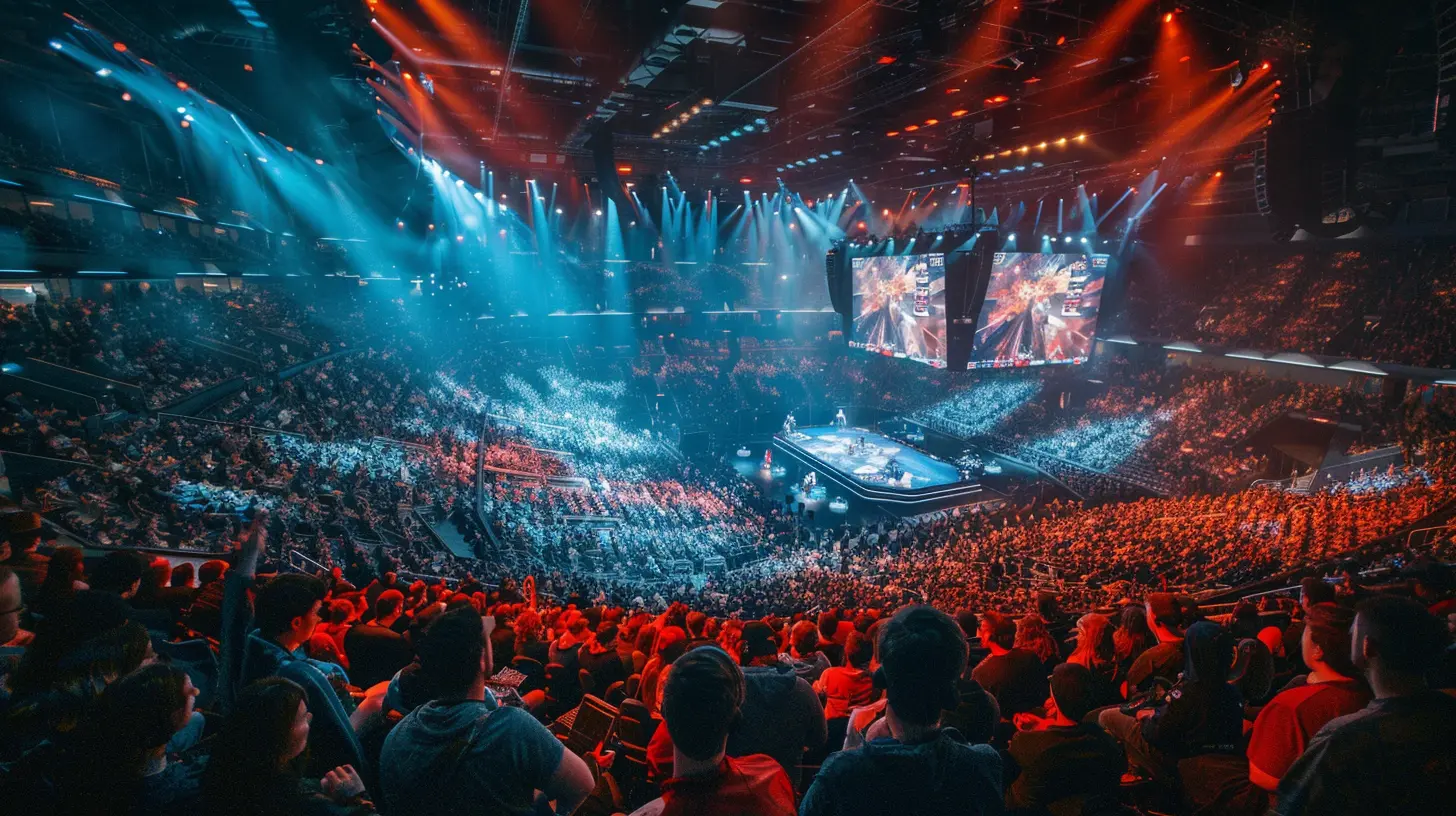
🔥 What Sponsors Are Looking for in Players
Here’s the kicker: being "insanely good" at a game isn’t the only thing sponsors care about. It helps, but there's more to it.1. Audience and Influence
You could be a mid-level player, but if you’ve got a loyal Twitch or YouTube following, sponsors will take notice. Why? Because audiences equal exposure, and exposure equals value.2. Consistent Branding
Your online presence matters — a lot. Sponsors don’t want someone who flames others on social media or drops offensive comments on stream. You’re representing their brand. So stay professional, polished, and consistent.3. Engagement, Not Just Numbers
A smaller streamer with high chat engagement and loyal viewers can be more attractive than a larger creator with zero interaction. Brands want passionate, involved communities.4. Professionalism
When it’s business time, you’ve gotta be professional. Prompt replies, sticking to agreements, delivering promised content — it all shows you’re someone worth investing in.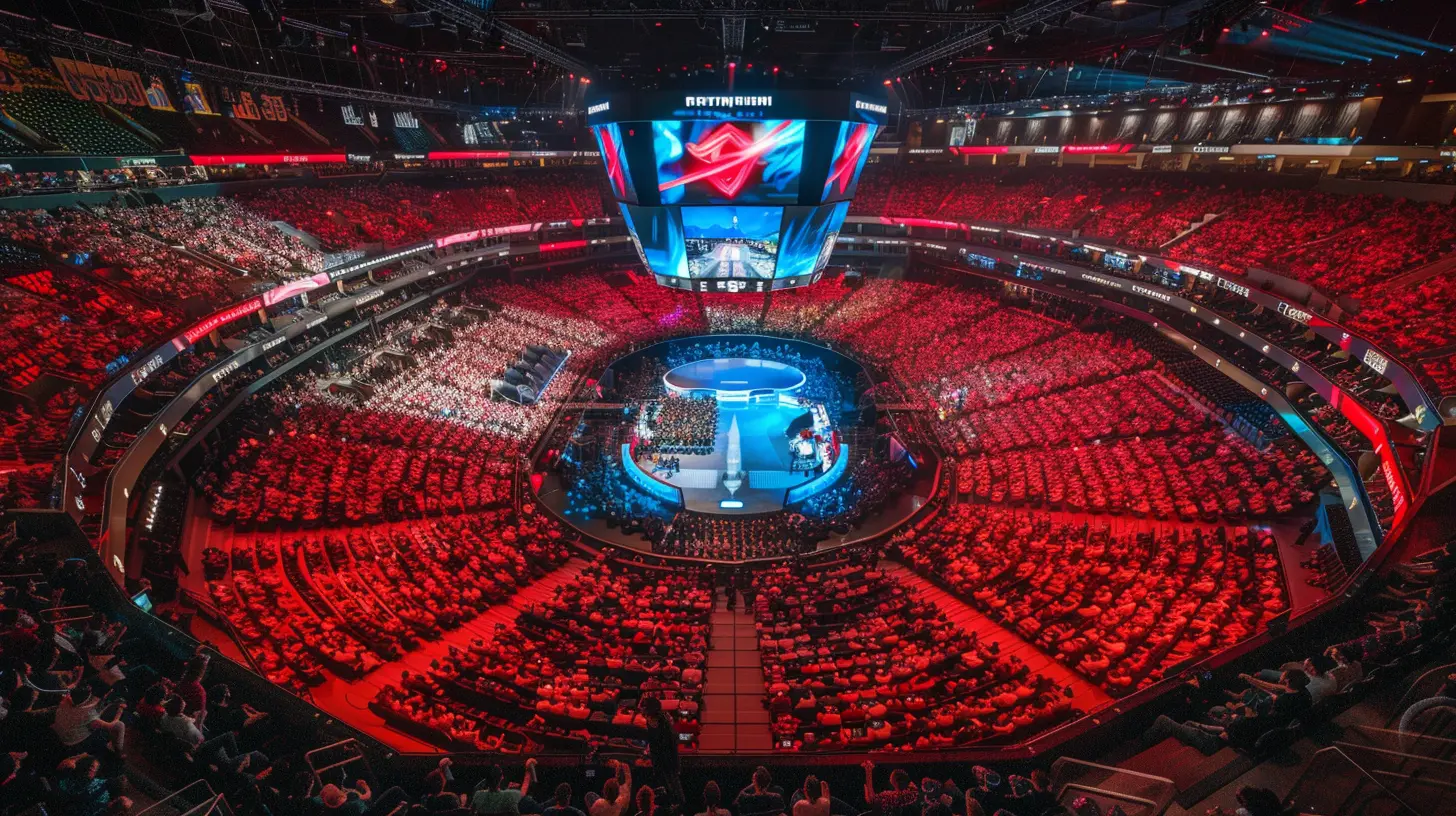
💼 How to Prepare for Getting Sponsored
Before even approaching sponsors, you need to get your act together. Here’s your checklist:1. Build a Personal Brand
Create a recognizable online persona. This means consistent logos, colors, bios, and content themes. Think of yourself as a one-person startup.2. Grow Your Platform
Streaming, social media, YouTube — doesn’t matter where, just pick your lane and grow it. Sponsors want to work with creators who have an audience.3. Network in the Scene
Join Discord servers, attend tournaments, interact on Twitter — the more people know your name, the more visible you become to potential sponsors.4. Create a Sponsorship Deck
Yep, like a PowerPoint pitch. Include:- Who you are
- What games you play
- Your stats and audience demographics
- How and why you’d be a great brand partner
It’s basically your gamer résumé.
❌ Common Mistakes to Avoid When Seeking Sponsorships
Let’s stop you before you shoot yourself in the foot. Here are some don’ts in the sponsorship game:1. Spamming Companies With Generic Messages
“Yo, sponsor me.” Nah, that’s not how it works. Always customize your messages. Show you’ve done your homework.2. Underselling Yourself
Don’t be shy. Put your achievements upfront. Even if you’re new, show your growth, your hustle, and your potential.3. Jumping at the First Offer
It’s tempting, but read the fine print. Some "sponsorships" are glorified affiliate programs designed to benefit only one party — and it ain’t you.4. Ignoring Contracts
Always read agreements. Better yet, have someone else read it too. You don’t want to get locked into a year-long deal with no benefits.💡 Tips to Stand Out in a Crowded Scene
Let’s face it — the competition is fierce. But you can stand out if you're smart about it.1. Be Yourself, Loudly
Authenticity is magnetic. Don’t copy other streamers. Don’t fake a personality. Be unapologetically you.2. Offer Value Beyond Gaming
Maybe you're also great at video editing, graphic design, or community engagement. Lean into those strengths.3. Create Consistent Content
Whether it’s Twitter clips, TikToks, or YouTube VODs, content keeps you relevant. Make sure people don’t forget your name.4. Collaborate With Others
Two audiences are better than one. Team up with other players, streamers, or creators. It multiplies reach.📉 What Happens After You Get Sponsored?
Got the deal? Congrats! But now, the real work begins.1. Deliver What You Promised
If you said you’d shout them out on stream or create monthly content, do it. Under-delivering is the quickest way to lose a sponsor — and gain a bad rep.2. Keep in Touch
Sponsorships are relationships. Check in regularly, share results, ask for feedback. Communication builds trust.3. Track Your Metrics
If you're promoting a product, track how many clicks, uses, or sales your code got. That data makes renegotiating (or upgrading) your deal much easier later on.4. Think Long-Term
Even if a deal is short-term, always think about how it fits into your long-term goals. Is the brand in line with your values? Will this help you grow? Don’t chase short-term clout.⚖️ Considering the Legal Side
It's easy to get swept up in the hype, but remember — sponsorships are a form of contract. So make sure you're covering your bases.- Read everything.
- Ask about termination clauses.
- Clarify what happens if you leave a team or switch games.
- Don’t be afraid to negotiate.
Pro tip: If something doesn’t sit right in your gut, walk away. Reputation is everything in the esports world.
🚀 Final Thoughts: Your Road to Pro
Sponsorships can be the rocket fuel that launches your pro career — but only if you know how to handle them right. They’re not just handouts; they’re partnerships. You’ve got to bring value to the table and be smart about who you work with.So, if you’re on the brink of the big leagues, take your time. Build your brand. Grow your tribe. And when that sponsorship offer does land in your inbox, you’ll know exactly what to look for — and how to make the most of it.
And hey, who knows? Maybe next year it’ll be your name on the big screen at Worlds, Evo, or the next CS Major — repping a brand, living the dream, and finally making it pro.
all images in this post were generated using AI tools
Category:
Competitive GamingAuthor:

Leif Coleman
Discussion
rate this article
2 comments
Bennett Mendez
Great insights! Understanding sponsorships is crucial for aspiring pro gamers. Keep it up!
December 5, 2025 at 5:49 PM

Leif Coleman
Thank you! I'm glad you found it helpful. Sponsorships are indeed essential for aspiring pro gamers!
Lorelei McAndrews
This article effectively highlights the critical considerations for aspiring professional gamers seeking sponsorships. It underscores the importance of building a personal brand, understanding the financial landscape, and maintaining a strong online presence. As the esports industry evolves, strategic partnerships will be vital for sustainability and success in this competitive arena.
July 22, 2025 at 2:49 PM

Leif Coleman
Thank you for your insightful comment! I'm glad you found the article useful in highlighting key factors for aspiring pro gamers. Building a strong brand and strategic partnerships are indeed crucial for success in the evolving esports landscape.


